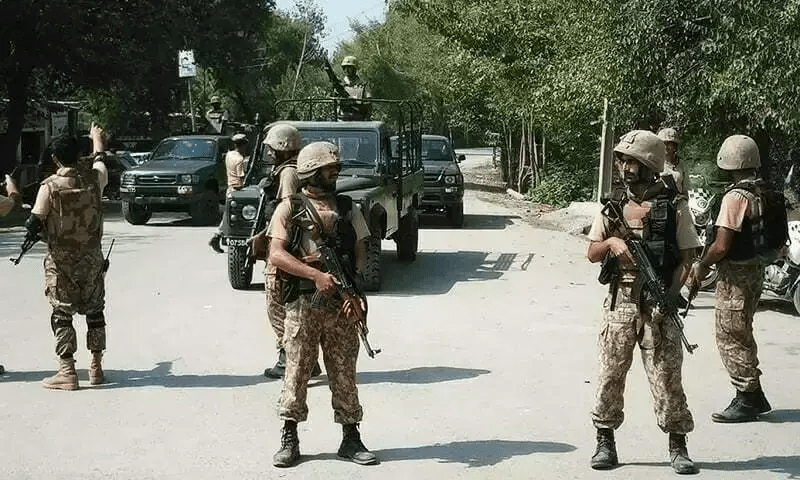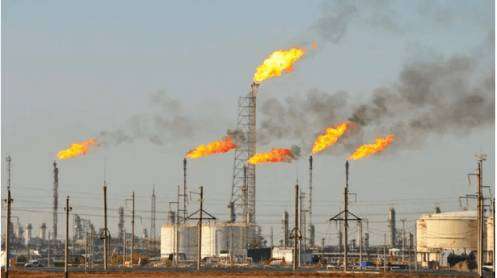While regulators tighten the noose around Pakistan’s formal tobacco sector, the real threat is expanding in plain sight. Illicit cigarette brands—untaxed, unregulated, and widely available—have captured more than half the market.
They pay nothing, follow no rules, and yet continue to grow. The law is chasing what is visible, not what is dangerous.
The formal industry, despite contributing nearly Rs270 billion in taxes each year, now controls only 46 percent of the market. The remaining share belongs to illegal operators selling cigarettes at a fraction of legal prices.
This thriving black market is causing an annual loss of over Rs415 billion revenue that could have supported healthcare, education, or debt relief.
Instead, it is being lost to unchecked trade networks and lack of enforcement. Much of the blame lies with those who claimed to champion public health.
Campaign for Tobacco-Free Kids and Vital Strategies ran campaigns targeting the regulated industry while staying silent on the illicit trade that now dominates the market.
Last year, the government shut down both INGOs for operating without registration, funding local entities without approvals, and engaging in policy circles unlawfully. Their work, once seen as advocacy, is now under scrutiny for policy interference and regulatory evasion.
“This is not about tobacco anymore,” said Fawad Khan, spokesperson for Mustehkam Pakistan. “It is about survival. When lawbreakers take over the market and face no consequences, the whole system starts to collapse. We are rewarding the illegal and punishing the legal—and everyone in the country is paying for it.”
At the same time, the IMF continues to push Pakistan to broaden its tax base and reduce leakages. But fiscal targets cannot be met if entire sectors remain outside the net. Experts argue that unless enforcement expands to include illegal trade, even the most disciplined revenue policies will fall short. The issue is no longer about raising taxes—it is about applying them fairly.







